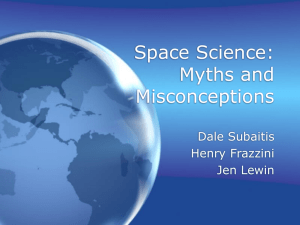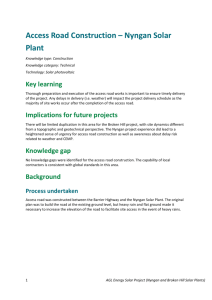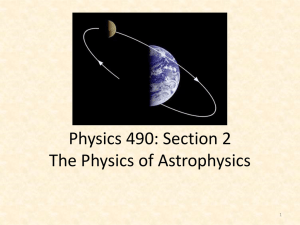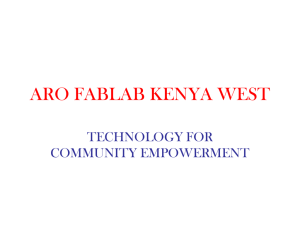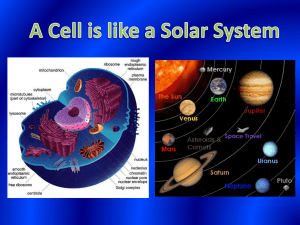SS 6.1 - 6.3 Rubric
advertisement
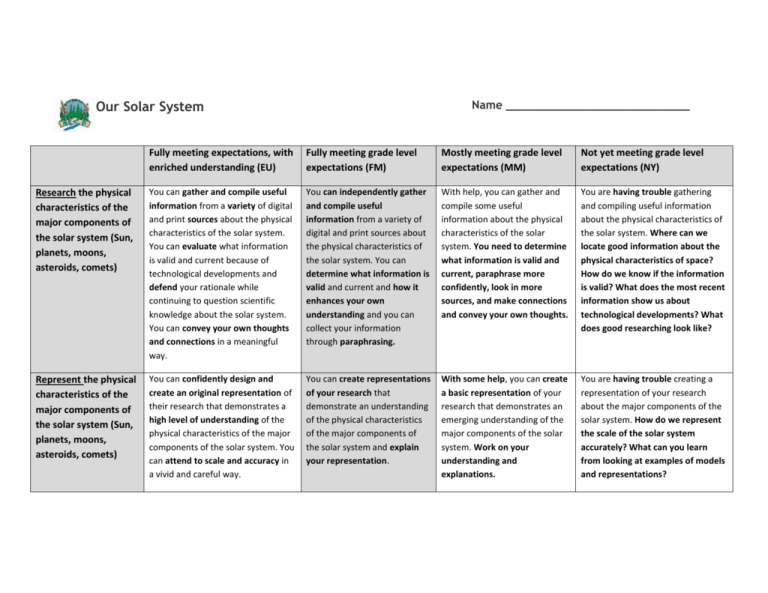
Name ___________________________ Our Solar System Fully meeting expectations, with enriched understanding (EU) Fully meeting grade level expectations (FM) Mostly meeting grade level expectations (MM) Not yet meeting grade level expectations (NY) Research the physical characteristics of the major components of the solar system (Sun, planets, moons, asteroids, comets) You can gather and compile useful information from a variety of digital and print sources about the physical characteristics of the solar system. You can evaluate what information is valid and current because of technological developments and defend your rationale while continuing to question scientific knowledge about the solar system. You can convey your own thoughts and connections in a meaningful way. You can independently gather and compile useful information from a variety of digital and print sources about the physical characteristics of the solar system. You can determine what information is valid and current and how it enhances your own understanding and you can collect your information through paraphrasing. With help, you can gather and compile some useful information about the physical characteristics of the solar system. You need to determine what information is valid and current, paraphrase more confidently, look in more sources, and make connections and convey your own thoughts. You are having trouble gathering and compiling useful information about the physical characteristics of the solar system. Where can we locate good information about the physical characteristics of space? How do we know if the information is valid? What does the most recent information show us about technological developments? What does good researching look like? Represent the physical characteristics of the major components of the solar system (Sun, planets, moons, asteroids, comets) You can confidently design and create an original representation of their research that demonstrates a high level of understanding of the physical characteristics of the major components of the solar system. You can attend to scale and accuracy in a vivid and careful way. You can create representations of your research that demonstrate an understanding of the physical characteristics of the major components of the solar system and explain your representation. With some help, you can create a basic representation of your research that demonstrates an emerging understanding of the major components of the solar system. Work on your understanding and explanations. You are having trouble creating a representation of your research about the major components of the solar system. How do we represent the scale of the solar system accurately? What can you learn from looking at examples of models and representations? Assess the efficacy of representing and interpreting astronomical phenomena, including phases, eclipses, and seasons. You can assess how people of different cultures have different ways of representing and interpreting the solar system and support your assessment with strong details and evidence. Student is able to propose personal explanations for causes of seasons, phases and eclipses and other astronomical phenomena and create insightful and compelling questions related to astronomical phenomena. You can assess how people of different cultures have different ways of representing and interpreting the solar system. You can support your assessment with details and evidence. You can show personal understanding of the causes of seasons, phases and eclipses and create and propose questions related to astronomical phenomena. With assistance, you can somewhat explain how people of different cultures have different ways of representing and understanding the solar system. You can show some personal understanding of the causes of seasons, phases and eclipses and ask basic questions related to astronomical phenomena. Explore other worldviews and ways of coming to understand astronomical phenomena. You are having trouble explaining how people of different cultures have different ways of representing and understanding the solar system. More attention needs to be given to exploring other world views and ways of coming to understand astronomical phenomena. What can we learn from stories and legends told by other cultures? What are astronomical phenomena? When you think of seasons, phases and eclipses, what are you curious about? Evaluate past, current, and possible future contributions of space exploration With an in-depth understanding, you can identify how basic needs are met in space and evaluate how this has changed over time. You can evaluate the benefits of scientific ideas and discoveries that have led to new inventions and applications. You can apply their knowledge to make insightful predictions about future achievements in space and support all your understanding with details and evidence. You can identify how basic needs are met in space and how this has changed over time. You can analyze how scientific ideas and discoveries have led to new inventions and applications. You can apply their knowledge to make predictions about future achievements in space. You can support your ideas with evidence and details. You are starting to identify how basic needs are met in space and how this has changed over time. You can mostly share how scientific ideas and discoveries have led to new inventions and applications. You can make basic predictions about future achievements in space. Work on supporting your ideas with evidence. Explore aspects of life in space and its history and imagining how it might impact the future. You are having trouble identifying how basic needs are met in space and understanding how scientific ideas and discoveries have led to new inventions and applications. Concentrate on exploring more and making predictions about future achievements in space. How do people eat, sleep, drink and take care of their bodies in space? What inventions have supported human exploration of space? What do you think will happen in future space exploration? Feedback:


